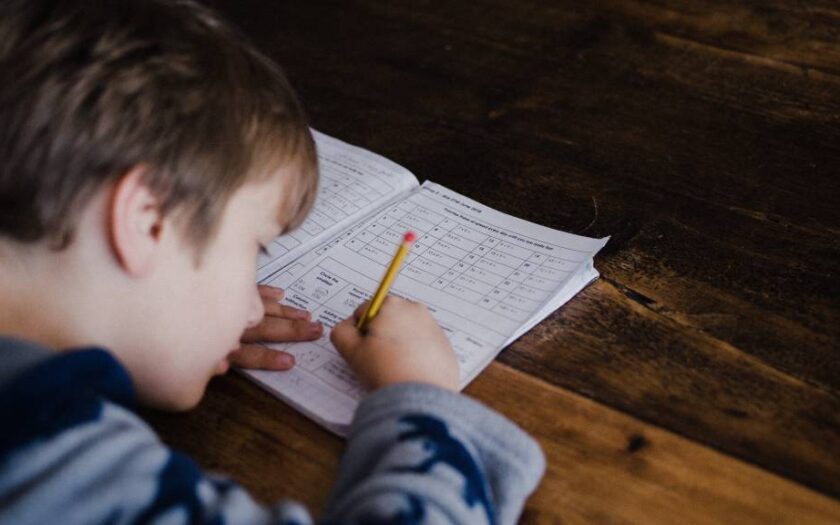When stress arises, taking proactive steps to manage it can help restore balance and improve well-being. Start by identifying the source of your stress and acknowledging your feelings. Simple techniques like deep breathing, meditation, or gentle physical activity, such as a walk, can quickly reduce tension. Connecting with loved ones or engaging in hobbies provides emotional relief and a mental break. Prioritizing sleep, hydration, and a balanced diet supports your body’s resilience to stress. If stress becomes overwhelming, consider seeking professional help to develop personalized coping strategies and regain control.
Everyone feels stressed at times—even kids. When stress hits, there are things you can do to help yourself. Here are some ideas to try:
Talk About a Problem
If something is stressing you out, talk it over with a parent or another trusted adult. You can also share your thoughts with a friend if you want. Keeping worries to yourself can add to your stress. Talking about what’s on your mind can make it feel lighter and help you figure out what to do.
Have an “I’ve Got This” Attitude
It’s normal to feel stress before a test, tryout, or big event. You might feel your heart race, your hands shake, or “butterflies” in your stomach. But you don’t have to let these feelings hold you back. Use them to pump yourself up.
Try this: Rub your hands together, shake out your arms, tap your feet, or walk around. This can use up some of that stress energy. You don’t need to get rid of all your stress—just enough to help you step up to your moment. Remind yourself that you can handle it. Say, “I’ve got this,” then take a breath and give it your best shot. Every time you try something, it’s a chance to improve.
Take a Breath
When you feel stressed, take a few slow, deep breaths. This helps calm your body and clear your mind. It’s especially helpful before a test or when you’re feeling overwhelmed by homework.
Practice this technique: Breathe in through your nose, letting your belly puff out like a small balloon. Breathe out through your nose, letting your belly flatten. Practicing this ahead of time makes it more effective when you need it.
Put Your Feelings into Words
If something didn’t go the way you hoped, you might feel upset, sad, or mad. It’s okay to have these feelings, but it’s not okay to use harmful words or actions. Putting your feelings into words helps you manage them wisely.
Try this: Notice how you feel, then find the words to describe it. For example, “I’m so upset that we lost the game. It means we’re out of the finals. I really wanted to win.” Saying how you feel—whether to yourself or someone else—can help you release some of that stress.
Talk to Yourself in a Kind Way
When you’re stressed, you might be too hard on yourself. You might think, “It’s all my fault. I should just quit.” But being unkind to yourself only makes you feel worse.
Try this: Think about what you’d say to a friend in the same situation. You might say, “I know you feel bad. It’s tough to lose.” Or, “You did your best, and that’s what counts.” Be as kind to yourself as you would be to a friend. When you show yourself a little kindness, you feel less stressed and more supported.
Do Things to De-Stress
When you’re stressed, your body can feel restless. To release that energy, try something active like doing jumping jacks, marching in place, or dancing.
If you need to calm down, try deep breathing, yoga, or listening to music. You could write in a journal, meditate, or play with a pet. Go for a walk, ride a bike, draw, or watch a funny show. Spending time with someone who makes you laugh can help too. These activities help you feel relaxed, which is the opposite of feeling stressed.
Get Support
If stress feels overwhelming, reach out to the people who care about you. Talk to a parent, teacher, school counselor, or coach. Your friends can also listen and help you feel better. When you feel less stressed, it’s easier to find solutions to problems.
Remember, you’ve got this.



